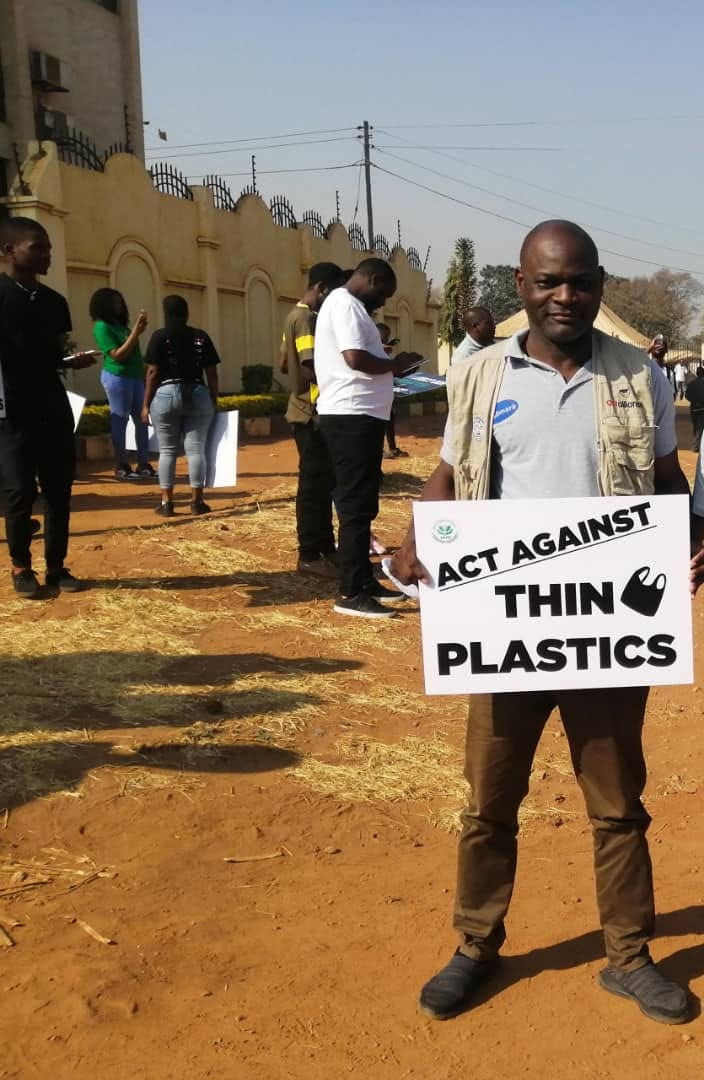Environmental Group Urges Comprehensive Approach to Combat Thin Plastic Use
The environmental group also called for enhanced recycling infrastructure in Malawi to help mitigate the impact of plastics already in circulation.
LILONGWE, Malawi— The Coordination Union for the Rehabilitation of the Environment (CURE) has called for urgent action to address the environmental and health hazards posed by thin plastics in Malawi, writes Tionge Hara.
Charles Mkoka, Executive Director of CURE, emphasized the need for a multi-faceted approach to tackle the issue.
"Thin plastics, often single-use, contribute significantly to pollution in Malawi, clogging water systems, harming wildlife, and degrading our natural landscapes," Mkoka said.
CURE's proposed strategy includes strengthening legislation, promoting sustainable alternatives, increasing public awareness, encouraging community involvement, and supporting recycling initiatives.
Mkoka urged the government to "fight on the legal battles to reinforce and implement existing bans on thin plastics," ensuring strict enforcement with penalties for non-compliance.
The organization also advocated for the development and adoption of eco-friendly alternatives.
"Incentives could be offered to businesses that pioneer and adopt eco-friendly alternatives," Mkoka suggested.
CURE stressed the importance of public education campaigns to inform Malawians about proper waste disposal and the benefits of using alternatives to thin plastics.
"Local communities should be actively involved in clean-up efforts and initiatives to reduce plastic use," Mkoka said, emphasizing the role of community empowerment in achieving sustainable change.
The environmental group also called for enhanced recycling infrastructure in Malawi to help mitigate the impact of plastics already in circulation.
Mkoka said, "By taking these actions, we can significantly reduce the environmental footprint of thin plastics in Malawi and move towards a cleaner, more sustainable future for all."




